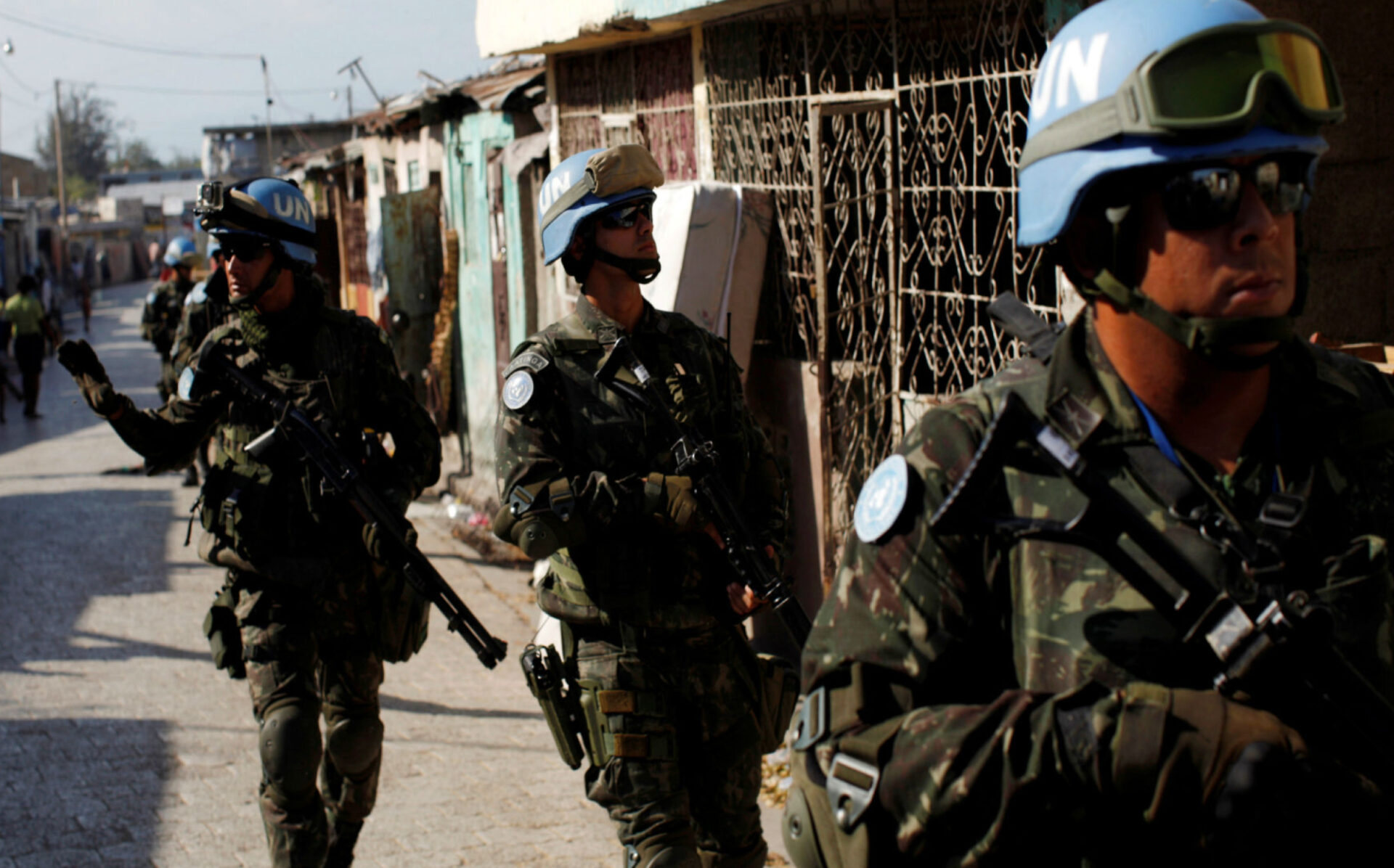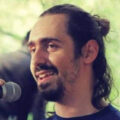Haiti has been on the agenda of CARICOM (Caribbean Community), the region’s economic and political cooperation bloc created in 1973 after the independence of several former European colonies. Today CARICOM has 16 member countries and one observer country, Cuba. In a search for mediation, after listening to all the political groups present there, the bloc is now proposing a Provisional Presidential Council for Haiti, with 7 members from different political groups in the country. CARICOM’s proposal includes a clear point: that all members of this Council agree to a non-UN mission, approved by the UN Security Council in October 2023.
It is an attempt to get Haitian political agents to give the go-ahead and freedom for a new mission to enter the country that has suffered so much from stop-gap missions, one of the main reasons for the current situation. A proposed mission, moreover, requested by a provisional prime minister, under the guidance of the United States, and considered illegitimate and immoral, since it has not achieved even one of its only two objectives in its more than two and a half years in power: improving the country’s security conditions and organizing elections.
An illegitimate government
It is worth remembering that Ariel Henry is accused of having links to the same gangs that invaded the prisons and is considered illegitimate and suspect by a significant part of society, since he was appointed by Jovenel Moïse, a former president who, at the time, was already out of office and remained in power until July 7, 2021. On that date, Jovenel was mysteriously assassinated, just three days after Ariel Henry’s appointment as prime minister, in a crime that remains unclear to this day, with several indications of obstruction of justice and without all the possible perpetrators being investigated.
Demanding that a Haitian accept membership of the Council has a name: international blackmail and new political imposition. An attack on the sovereignty of this people. This is an absurdity anywhere in the world but normalized when it comes to Haiti. So far, no government in the world has publicly opposed the imposition.
I once took part in a local colloquium, organized by Haitians, where more than 50 local and world organizations analyzed in depth the United Nations Stabilization Mission in Haiti — MINUSTAH —, with testimony from hundreds of victims. Afterward, a People’s Tribunal was organized to try their crimes. Which organizations responsible for the mission were present? None.
Now, without evaluation, accountability, justice, or self-criticism, a new mission is being proposed, similar in general terms, and perhaps worse, with a non-UN character. Is this a way of avoiding any future accountability? Was what the UN learned in Haiti to better protect itself and avoid being incriminated for its crimes? How would a foreign police chief arrive in the Caribbean country knowing that crimes here have never been tried? What information, control, and prevention mechanisms would a “non-UN” mission have?
Prime Minister Henry’s real mission was to organize the arrival of a security force. With this mission almost accomplished, he announced this week that he will leave office soon, as soon as the Council is set up. Kenya, which had volunteered for the mission, suspended its participation after the CARICOM resolution.
The imposition of a new mission
The political party Pitit Desalin (Sons of Dessalines), a group historically opposed to the governments that have been in power since 2011 and which sought to be part of the agreement, decided, because of this clause, not to join the Council and denounce this imposition. According to Jacques Adler, one of the party’s members, the idea of the international community there, especially the United States, is to impose a new mission along the same lines as the old ones. He concludes: “Scalded cats fear even cold water”. Several groups claim that this measure was taken precisely to further divide Haitians, and then accuse them of failing to reach a consensus.
It is worth noting that the Haitians had 24 hours to decide whether to take part in the Council and to send in the names of their representatives. Jacques Adler is categorical when he says that the international community’s idea is “to do everything rushing, to approve decisions that are not the popular will of Haitians”. The use of the idea of an emergency to approve measures without the necessary reflection and political discussion raises even more suspicions that the U.S., Henry, and the gangs are working together to make the worsening acts of violence the main argument for settling a new mission.
More questions remain: why are there no efforts to invite more important local political actors to the table? Today I woke up to a comment from one of them, feeling excluded: “Have they elected the 7 international mind slaves yet?” Does CARICOM believe that its decisions will be accepted by groups that have never been included in the debate?
With this blackmail, we see that even when serious local politicians have the opportunity to talk in international decision-making spaces, this happens in a previously delimited, curtailed, and manipulated way. What level of sovereignty and democratic transition does the international community really expect for Haiti?
All of this makes it clear that Haiti’s politicians, including Henry, continue to look like just pieces in a chess game determined by the U.S., France, and Canada in particular. In this game, Haitians seem to be all pawns and the first to fall when they have finished their service on behalf of the kings.
The current situation is reminiscent of 20 years ago, when a president elected by a large popular majority, according to him, “was kidnapped and deposed” by external forces, replaced by a temporary president, who then requested a peace mission from the same international community. This mission, by the way, stayed in the country for 13 years and led us directly to the current catastrophe.
*Translated by Janaína Ruviaro da Silva from the original in Portuguese.












